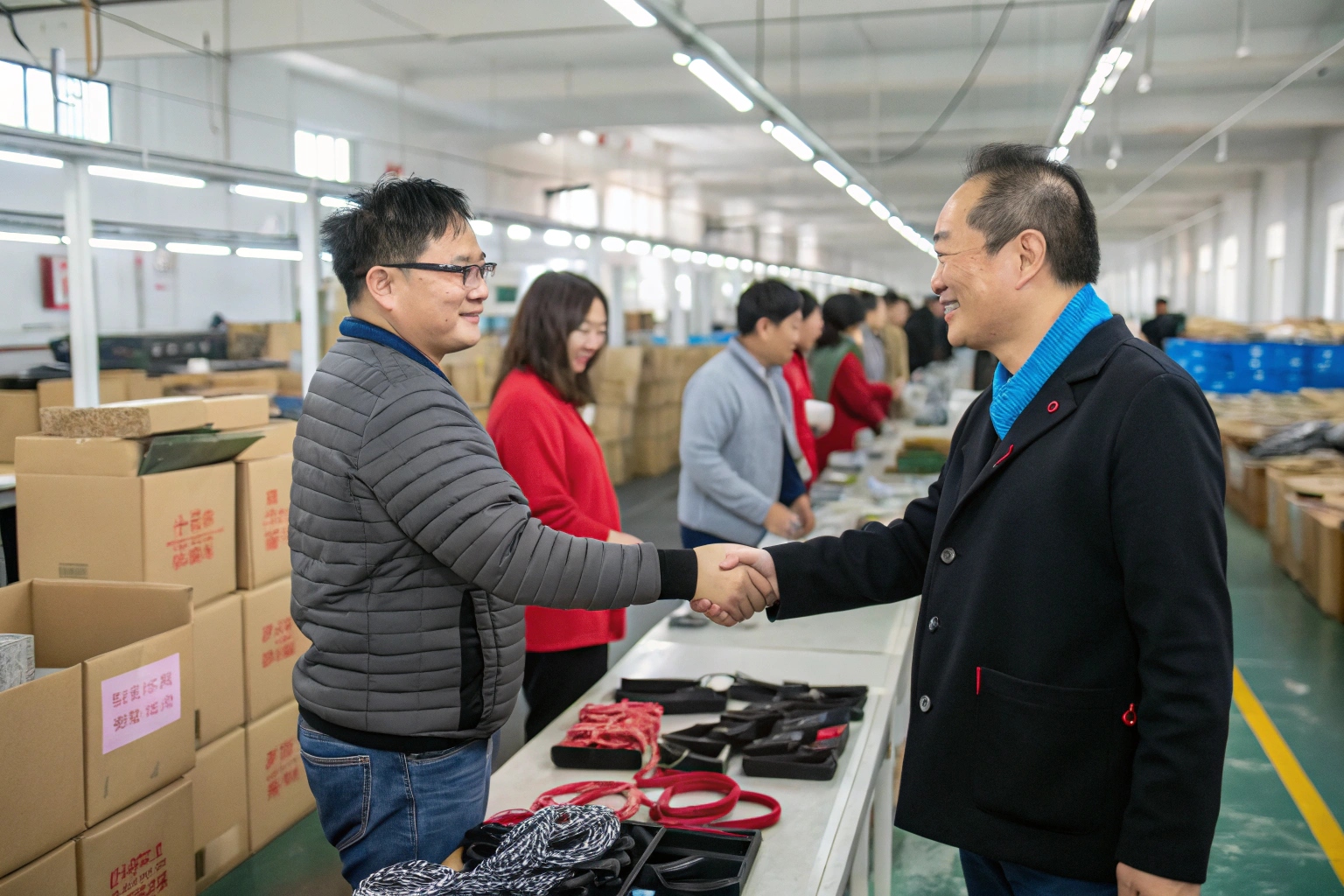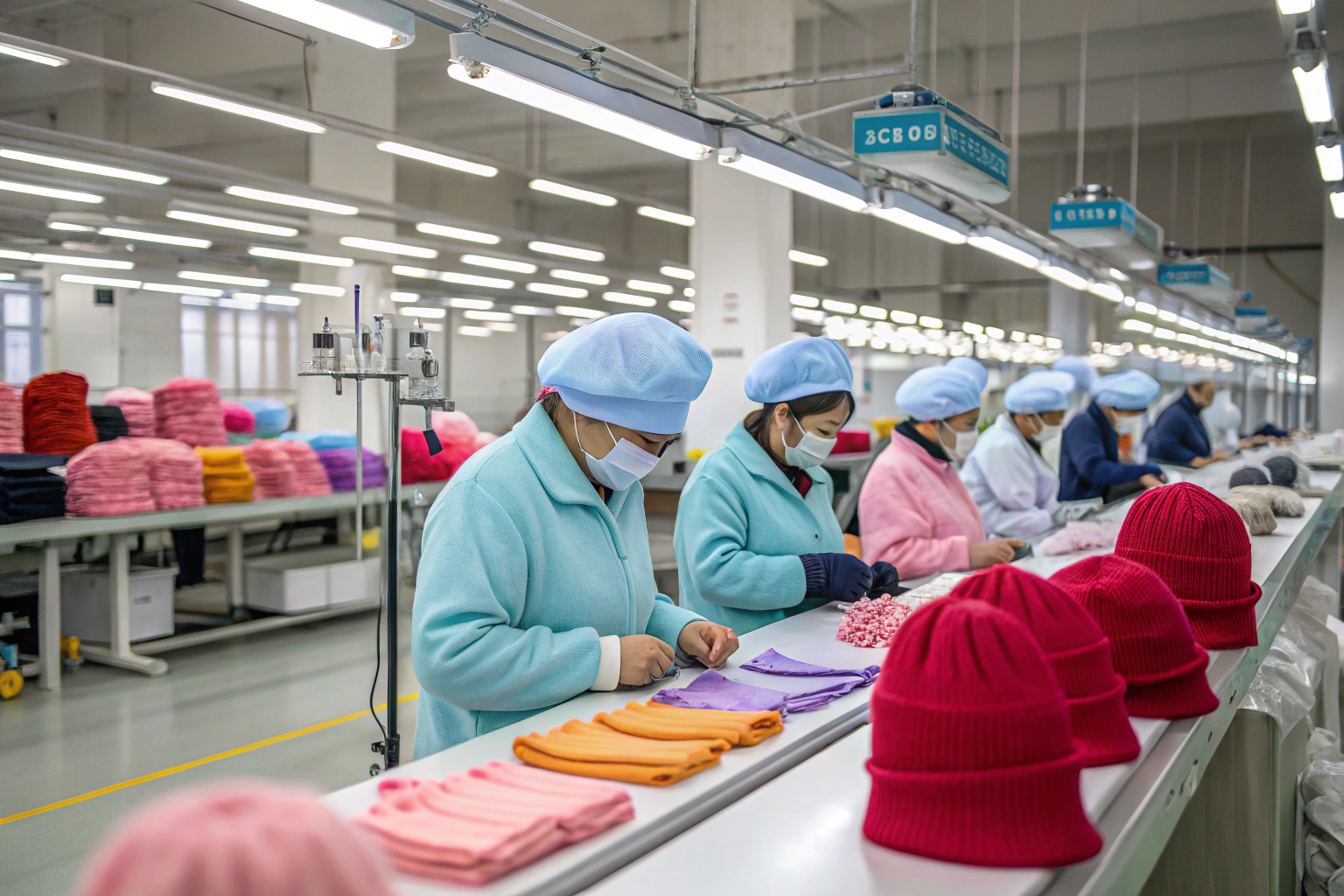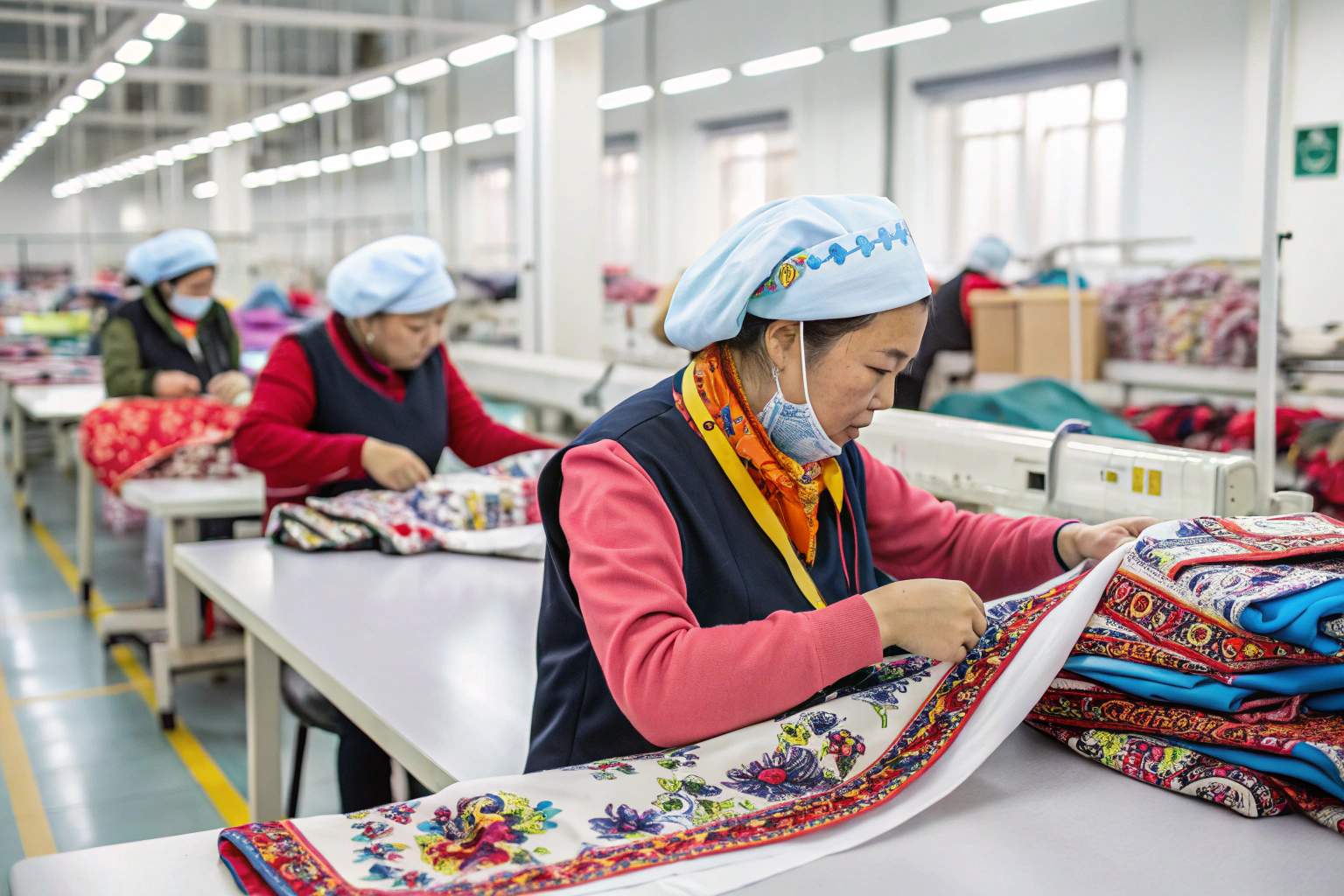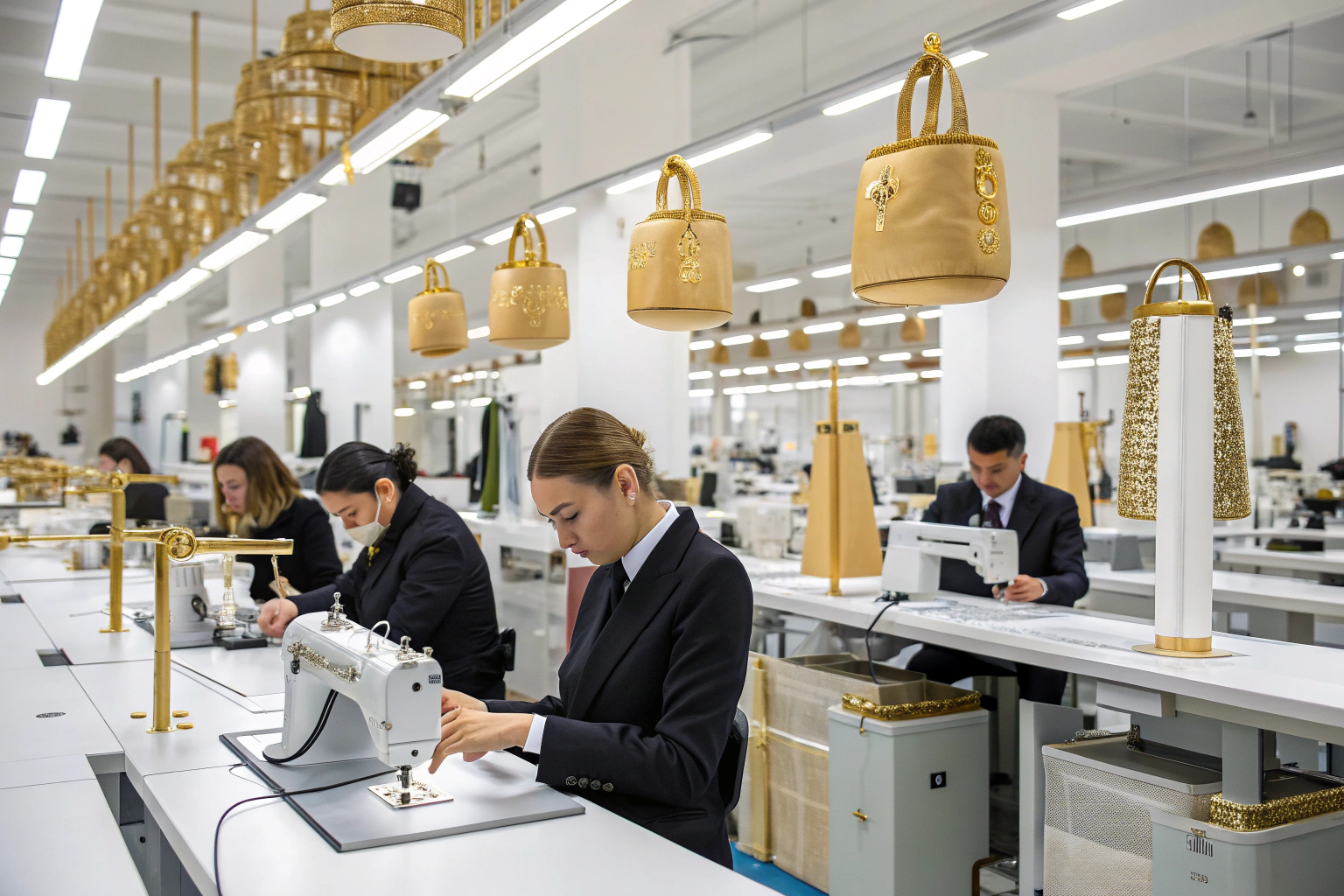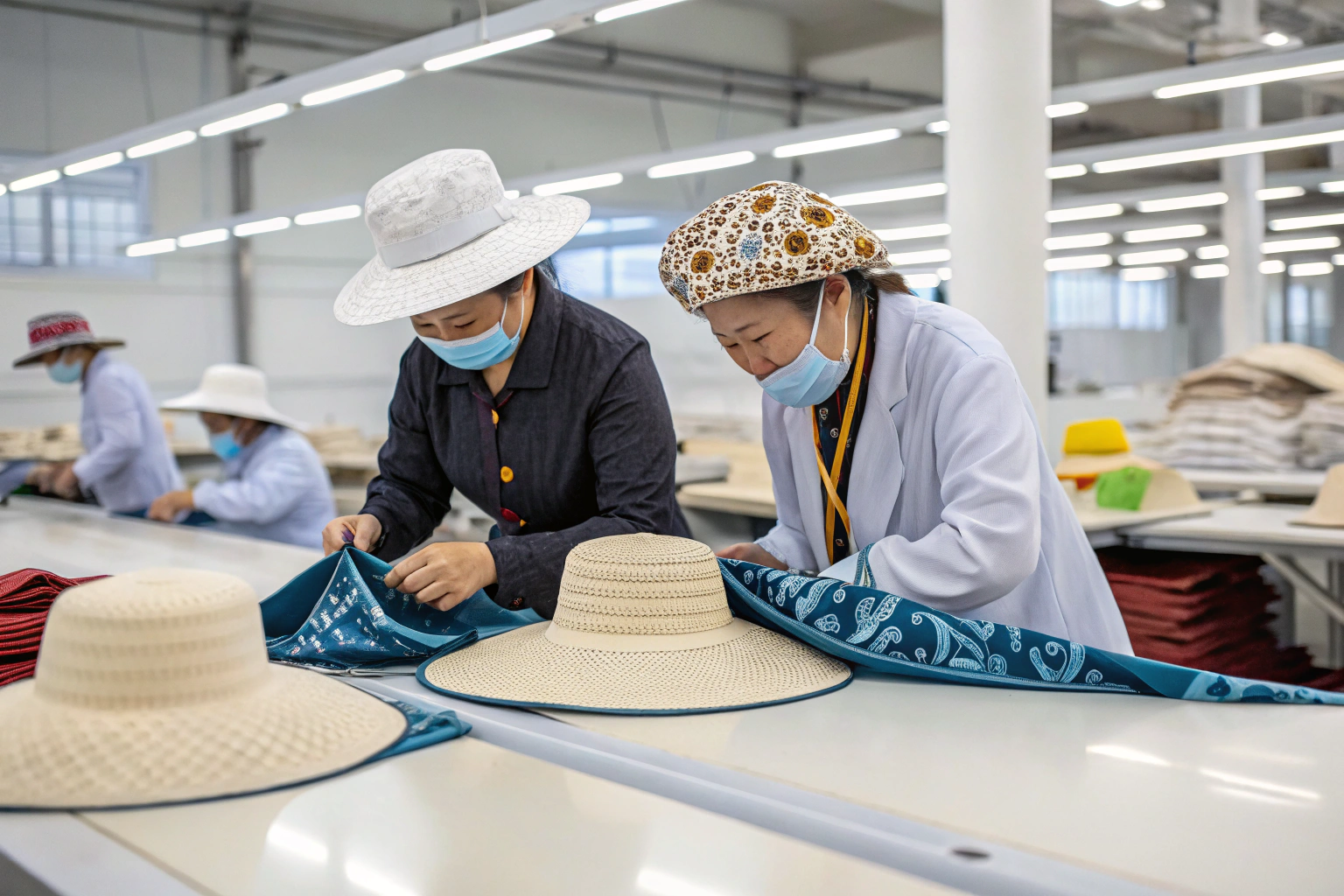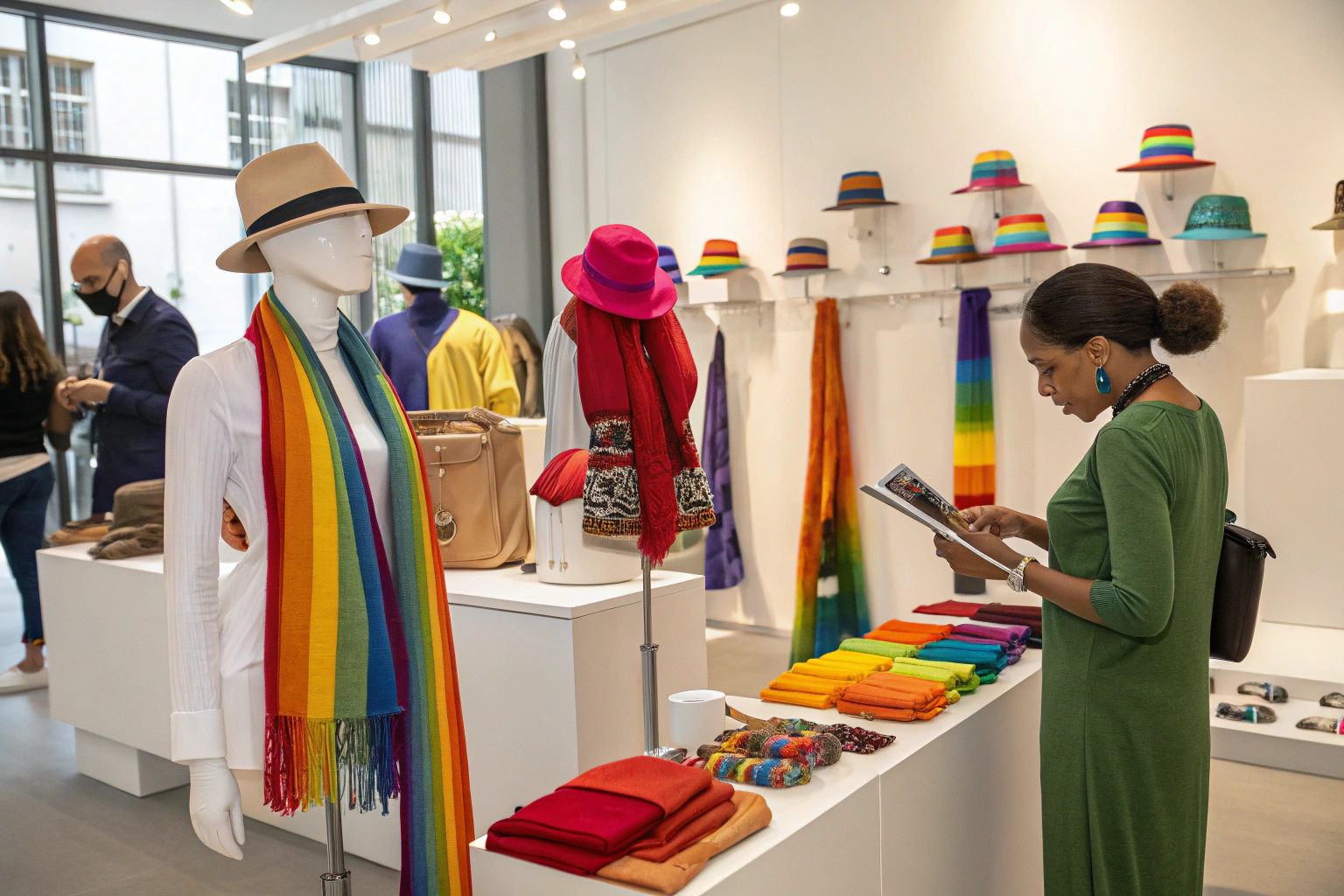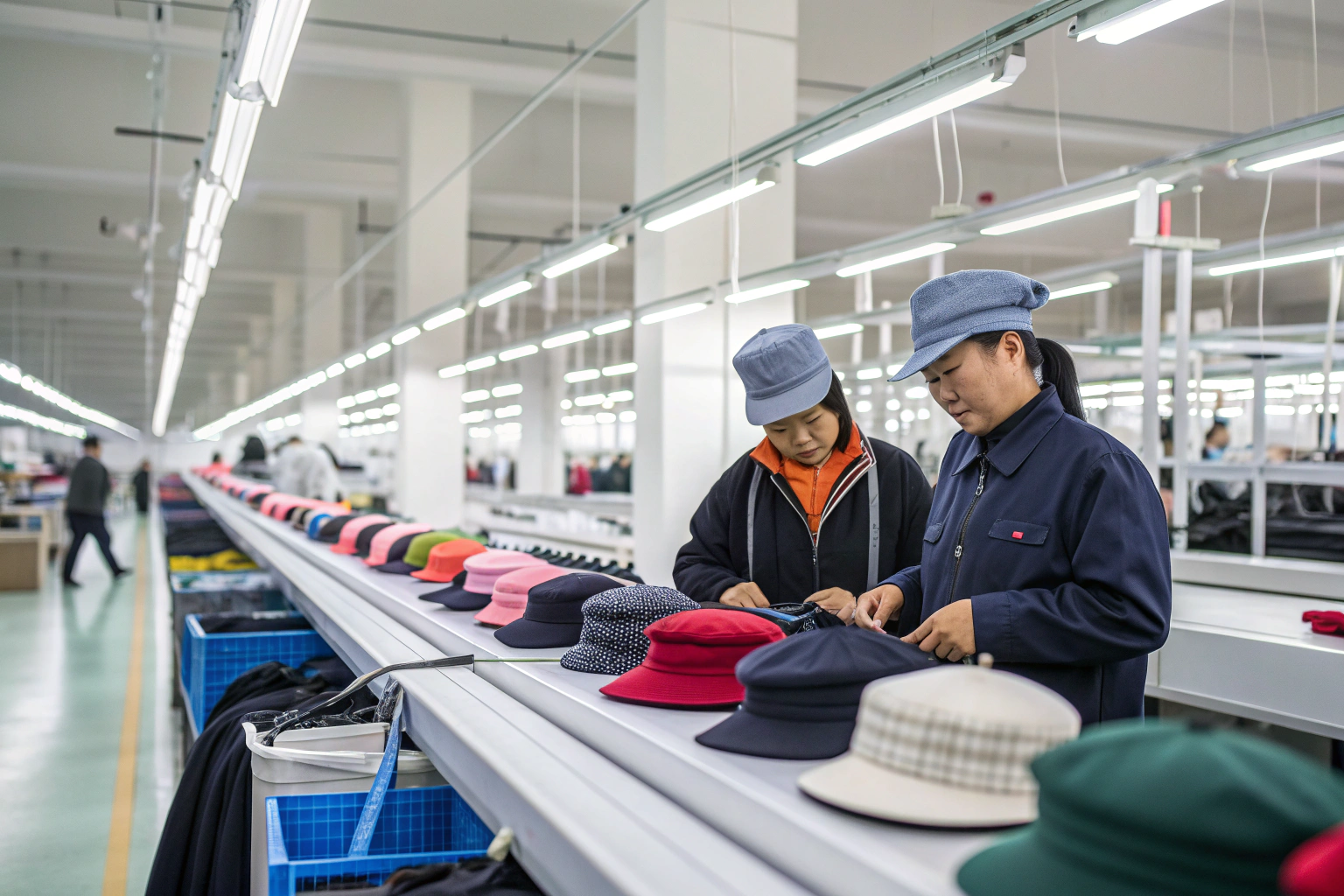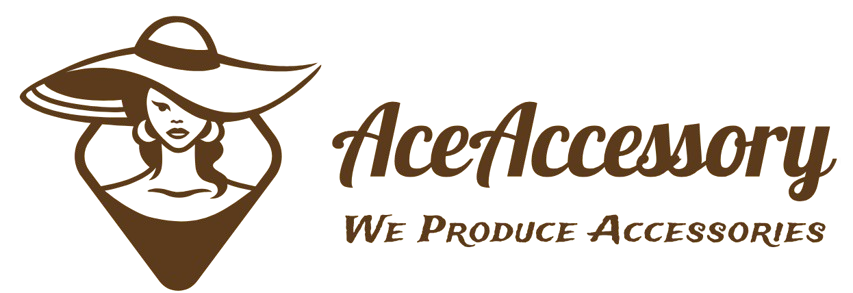Many buyers come to China with one-off orders in mind. But as your brand grows, you realize how inconsistent lead times, fluctuating prices, and variable quality can hurt your business. That’s when long-term contracts stop being an option—and start becoming a serious strategy.
Long-term contracts with Chinese accessory factories bring stable pricing, faster lead times, better service, and deeper integration of your brand needs into factory operations.
If you’re sourcing hairbands or scarves season after season, a one-time PO won’t guarantee consistency. Let me show you how building a stable relationship with a factory like AceAccessory transforms your supply chain.
How Do Long-Term Contracts Improve Cost Stability?
In fashion, price fluctuations can kill margins. Cotton costs jump. Shipping surcharges spike. Even printing ink sees price hikes. That’s why many of our clients choose annual or multi-year agreements.
Long-term contracts lock in pricing or offer volume-based discounts, shielding buyers from raw material and logistics cost volatility.
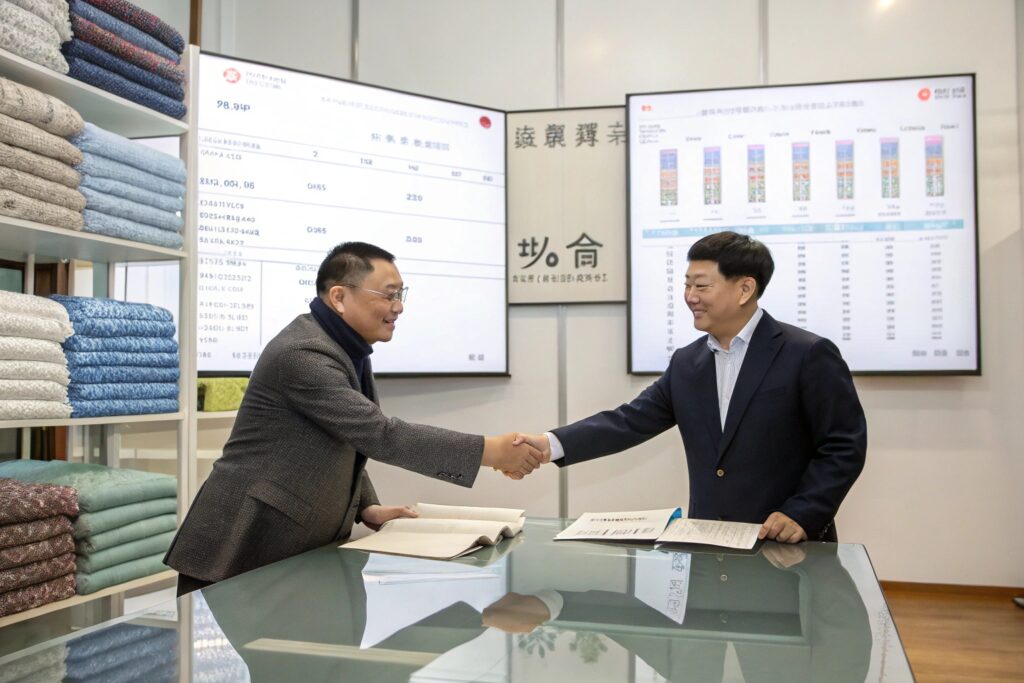
How do contracts protect your margin?
Most Chinese accessory factories, including us, purchase raw materials in bulk. When a client signs a 12-month contract for 50,000 units of belts or gloves, we pre-book material under future pricing. This stabilizes unit cost for the client and protects against inflation.
For example, during the 2023 shipping peak, clients with contracts saw only 3–5% cost adjustments, while spot buyers faced 15–20% hikes. You can reference Drewry Shipping Index for recent ocean freight volatility.
Do long-term buyers get better payment terms?
Absolutely. With an established contract, we’re more flexible. Net-30 or Net-60 terms become easier to offer. Our financial risk decreases, so we pass benefits back to you. Alibaba Trade Assurance often supports structured contracts.
How Does It Improve Product Development Speed?
Product development in accessories is fast-paced—seasons shift, trends change, buyers demand quick turnarounds. Long-term clients always get priority in our R&D queue.
With long-term agreements, we pre-plan your accessory development timeline, reserve design resources, and expedite sampling cycles.
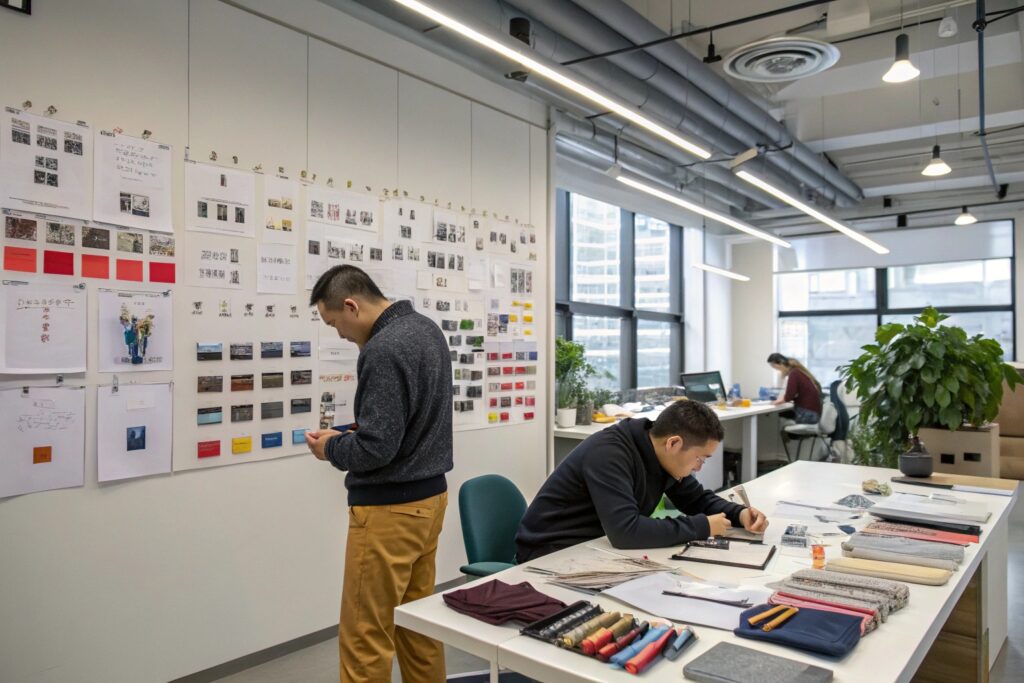
Why is development faster for contract clients?
Here’s the reality: our in-house design team schedules by workload. When Ron, a long-term U.S. client, locks in quarterly launches, we block design slots months in advance. That means no queue. No waiting. We also pre-stock trims, closures, or fabrics based on your previous SKUs.
As a result, our average sampling time for long-term clients is 3–5 days vs. 10+ days for ad-hoc buyers. Read more about fast fashion product development cycles to understand how timing impacts margins.
What about brand-specific improvements?
With longer contracts, we track style performance and feedback over time. If customers complained about a zipper or elastic in Q1, we proactively improve it in Q2—even if you don’t ask. Our database tracks revisions per client and category. This way, your accessory quality evolves with your audience.
Does a Contract Lead to Priority Production and Delivery?
If you’ve ever struggled with Chinese New Year delays or missed seasonal launch windows, you know how crucial production priority is. This is where contract clients get ahead.
Long-term partners enjoy production slot reservations, priority allocation during capacity crunches, and earlier delivery scheduling.
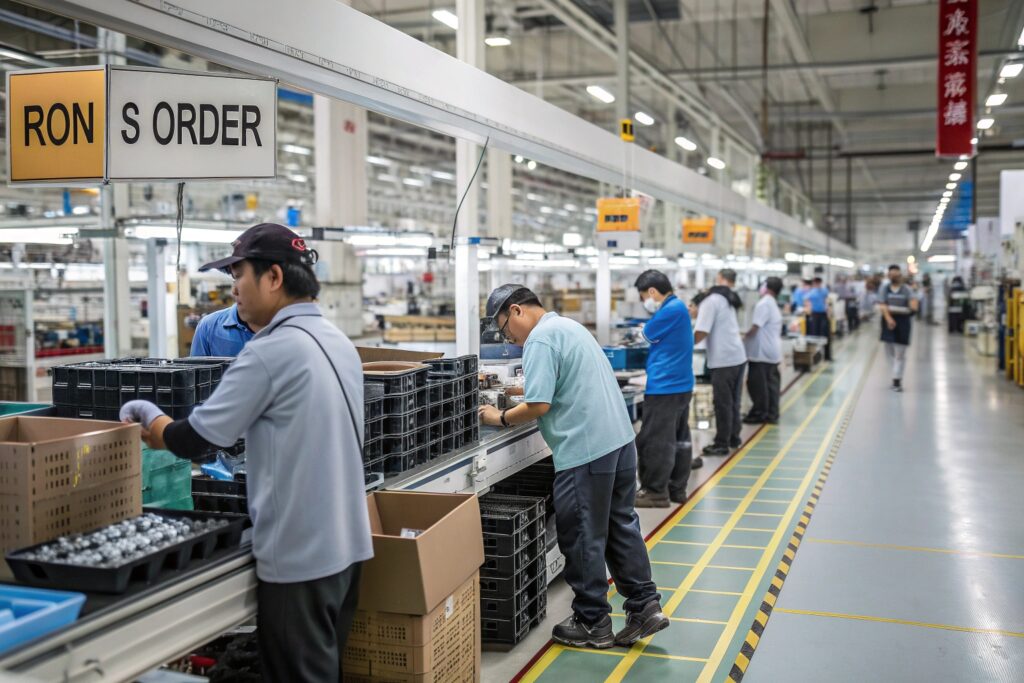
How do we guarantee production slots?
We plan our capacity quarterly. Once you sign a contract for, say, 30,000 units per season, we reserve dedicated space on our lines. Whether it's for scented scarves or promotional caps, your PO never competes with last-minute spot buyers.
You also get first-choice on raw material arrivals and shipping booking slots. Maersk data shows peak season capacity congestion rising 28%—contract clients avoid that entirely.
How does it affect delivery?
We can forecast your loading schedule months in advance. Our team books the best carriers with optimal transit times. Clients like Ron enjoy DDP terms with predictable arrival, even during golden week or holiday rushes. For urgent needs, we also offer partial shipments or air-freight upgrades at pre-negotiated rates.
How Does It Build Better Communication and Trust?
Trust isn’t built overnight. And neither is product accuracy, speed, or response time. That’s why contract-based relationships create the most reliable communication and mutual support.
Long-term clients get dedicated account managers, faster replies, and proactive updates—building trust and reducing error risk.
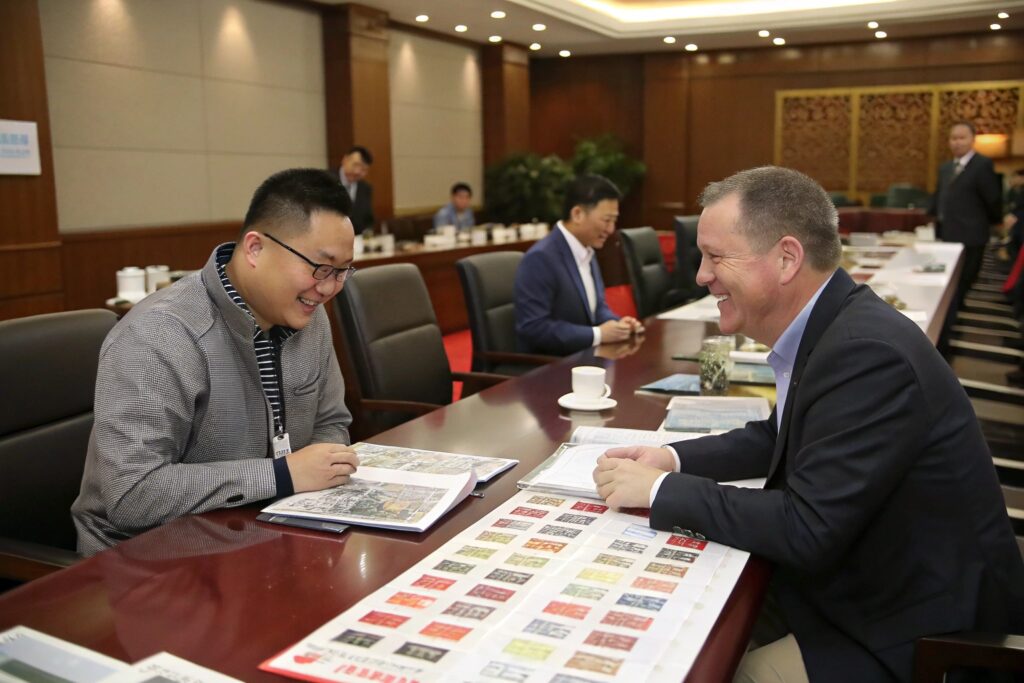
How do we assign support?
Every contract client at AceAccessory is assigned:
- One dedicated project manager fluent in English
- One QC supervisor familiar with your brand specs
- One design point of contact for fast revisions
These people know your history. They know Ron prefers header cards with bold fonts and hates wrinkled polybags. So they act accordingly without you repeating specs each order.
Learn more about project team roles in international sourcing here.
What communication tools are used?
We offer:
- Shared Google Sheets for production tracking
- WhatsApp updates from the factory floor
- Scheduled Zoom calls for launch planning
- Pre-alerts for material or policy changes
This reduces surprises, builds brand memory, and keeps you informed. You can see examples of transparent supplier-client workflows on Supply Chain Dive.
Conclusion
Short-term orders can be fine when you’re just starting out. But if you want to build a serious accessories business, long-term factory contracts are the way forward.
From cost predictability and faster development to priority delivery and real communication, contracts turn you from just another buyer into a partner. And at AceAccessory, we’ve built our entire system to support that kind of partnership. When your growth is our roadmap, everyone wins.

